Medicinal Uses
It aids in digestion and helps in weight loss by improving the metabolism of the body. It is also useful in managing diarrhea due to its anti-diarrheal and anti-secretory activity. Kalimirch is beneficial for cough and respiratory problems due to its antitussive (relieving cough) and anti-asthmatic properties.
Health Benefits
Stone-ground black pepper, also known as “kali mirch” in Hindi, offers several health benefits due to its active compound piperine, as well as other nutrients. Here are some of the notable health benefits:
• Enhanced Digestion: Piperine in black pepper stimulates the stomach to produce more hydrochloric acid, which aids in digesting food and absorbing nutrients more efficiently.It can also help prevent common digestive issues like bloating and constipation.
• Improved Nutrient Absorption: Piperine enhances the bioavailability of various nutrients and beneficial compounds, such as curcumin from turmeric and certain vitamins and minerals, making them easier for the body to absorb and utilize.
• Anti-inflammatory and Antioxidant Properties: Black pepper has significant antioxidant properties that help combat oxidative stress and reduce inflammation in the body.This can help lower the risk of chronic diseases such as heart disease and certain cancers.
• Weight Loss Aid: Piperine can help boost metabolism and increase the number of calories burned, potentially aiding in weight loss.It may also interfere with the formation of new fat cells.
• Antimicrobial Benefits: The essential oils in black pepper possess antibacterial and antifungal properties, which can help protect against infections and support overall immune health.
• Respiratory Relief: Black pepper has expectorant properties, which can help clear the respiratory tract by breaking down mucus and phlegm .It’s often used in traditional remedies to treat coughs and colds.
Safety of Stone Ground Black Pepper Kutti Kali Mirch
Stone ground black pepper, also known as Kutti Kali Mirch in Hindi, is generally safe for consumption when used in typical culinary quantities. Here are a few considerations to ensure its safety:
• Quality and Purity: Make sure the black pepper is from a reputable source to avoid contamination with adulterants or toxins.
• Storage: Store black pepper in an airtight container in a cool, dry place to maintain its freshness and prevent mold growth.
Precautions of Stone ground black pepper kutti kali Mirch
Stone Ground Black Pepper, also known as Kutti Kali Mirch, is a commonly used spice with a range of health benefits. However, there are several precautions to consider when using it:
• Allergic Reactions: Some individuals might have an allergy to black pepper, resulting in symptoms like itching, rash, or difficulty breathing. If you experience any allergic reactions, discontinue use immediately and consult a healthcare provider.
• Gastrointestinal Issues: Consuming large quantities of black pepper can cause gastrointestinal irritation, leading to conditions such as acid reflux, stomach ulcers, or indigestion. It’s important to use it in moderation, especially if you have a sensitive stomach or pre-existing gastrointestinal conditions.
• Drug Interactions: Black pepper can interact with certain medications, particularly those metabolized by the liver. Piperine, a compound in black pepper, can enhance the absorption of some drugs, potentially leading to increased side effects.

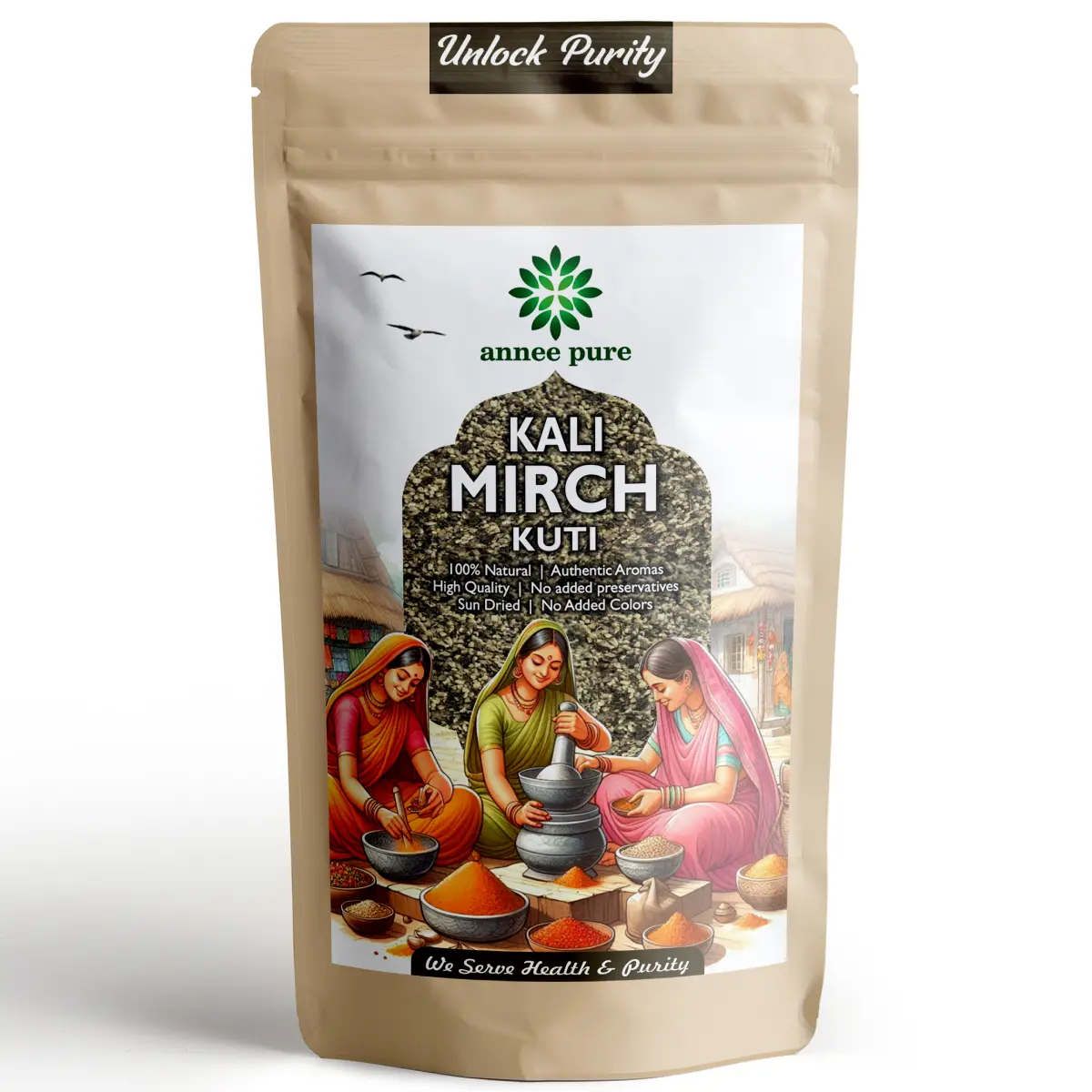

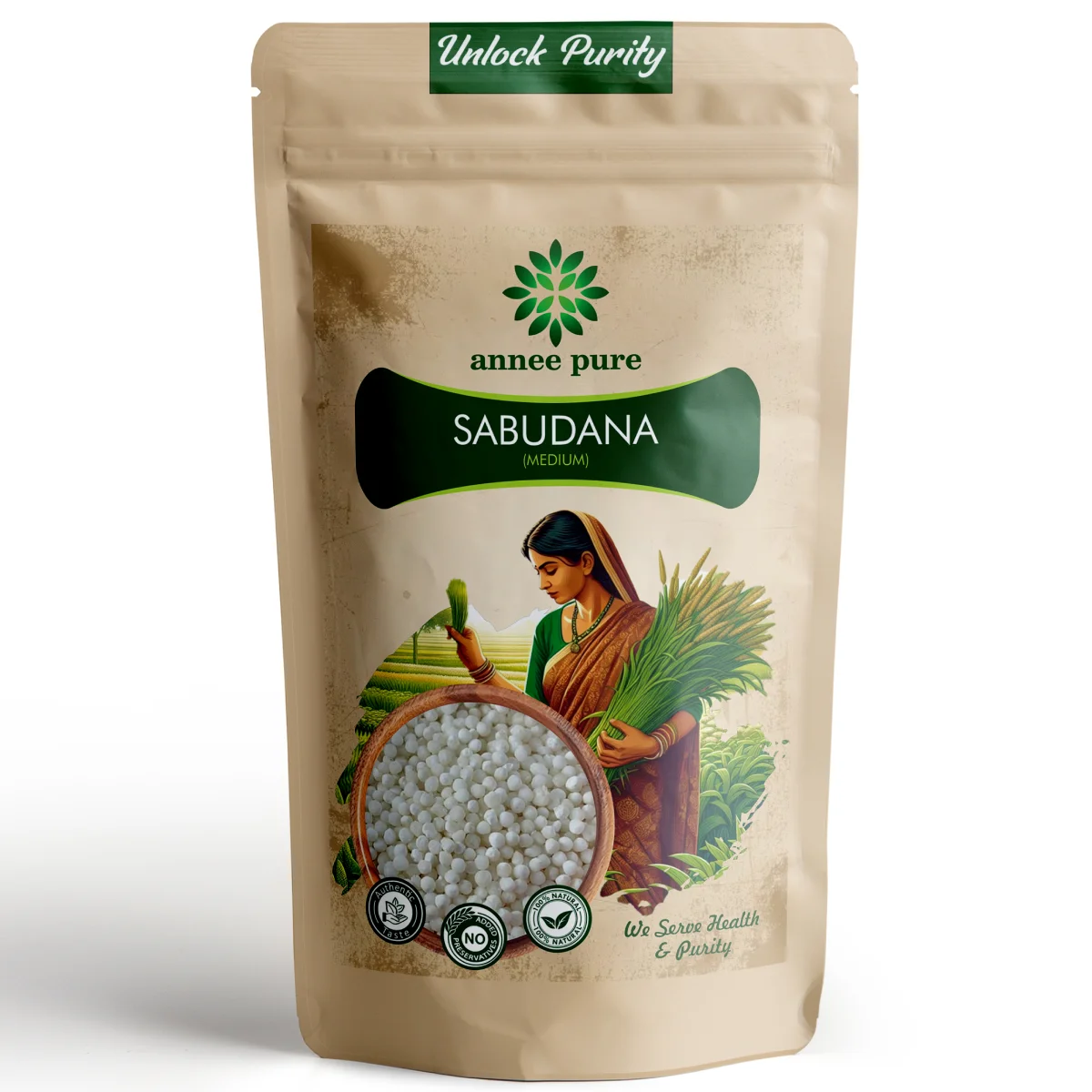
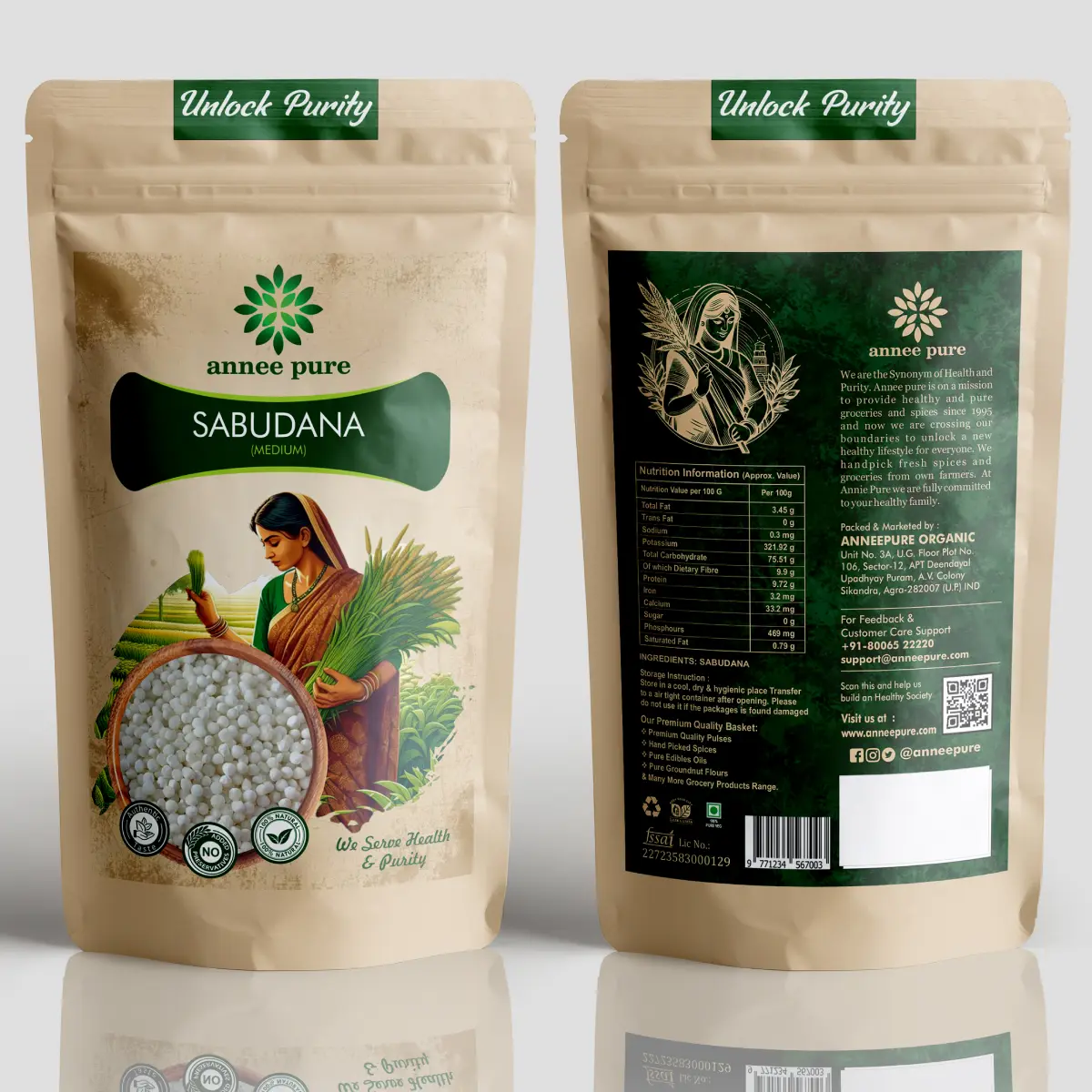
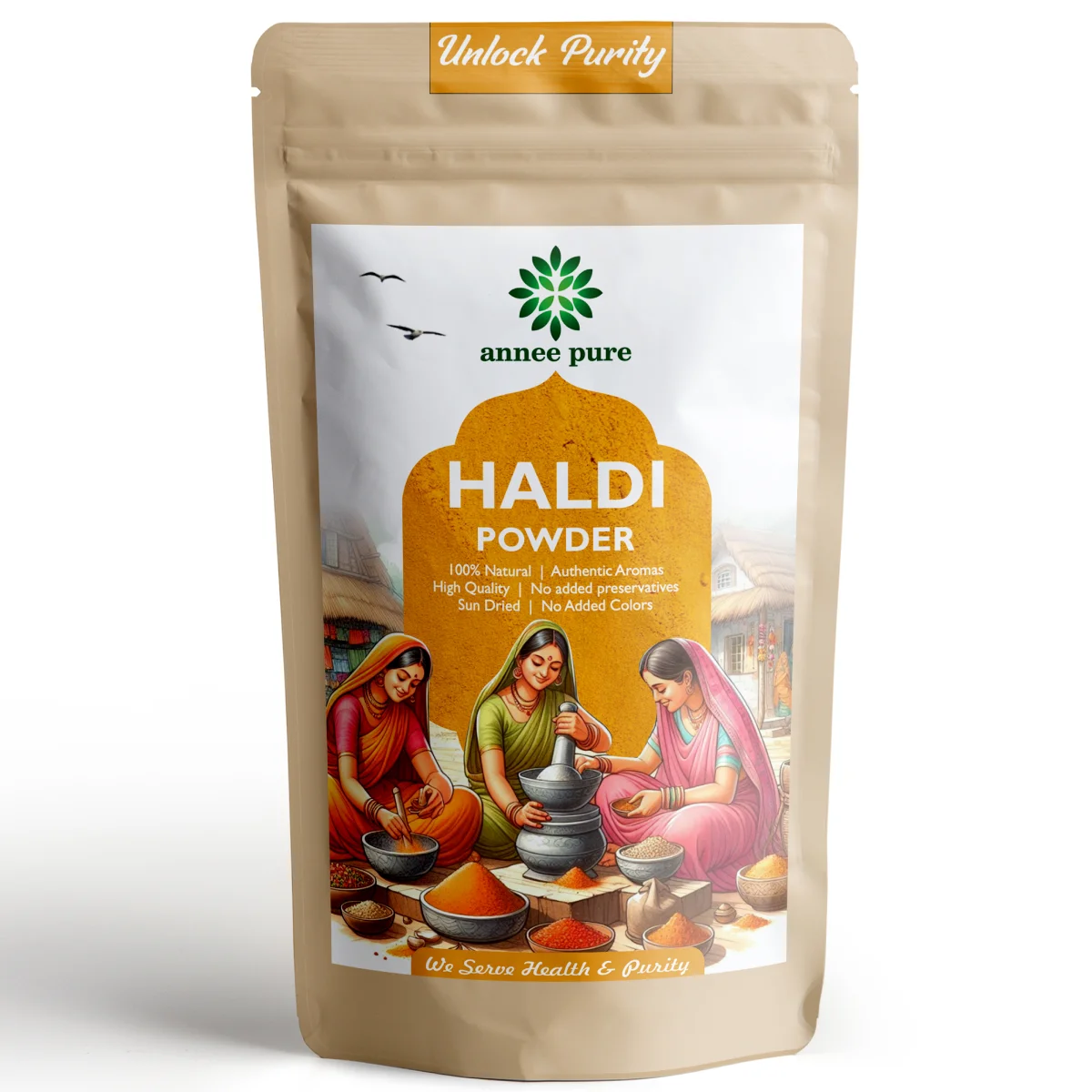
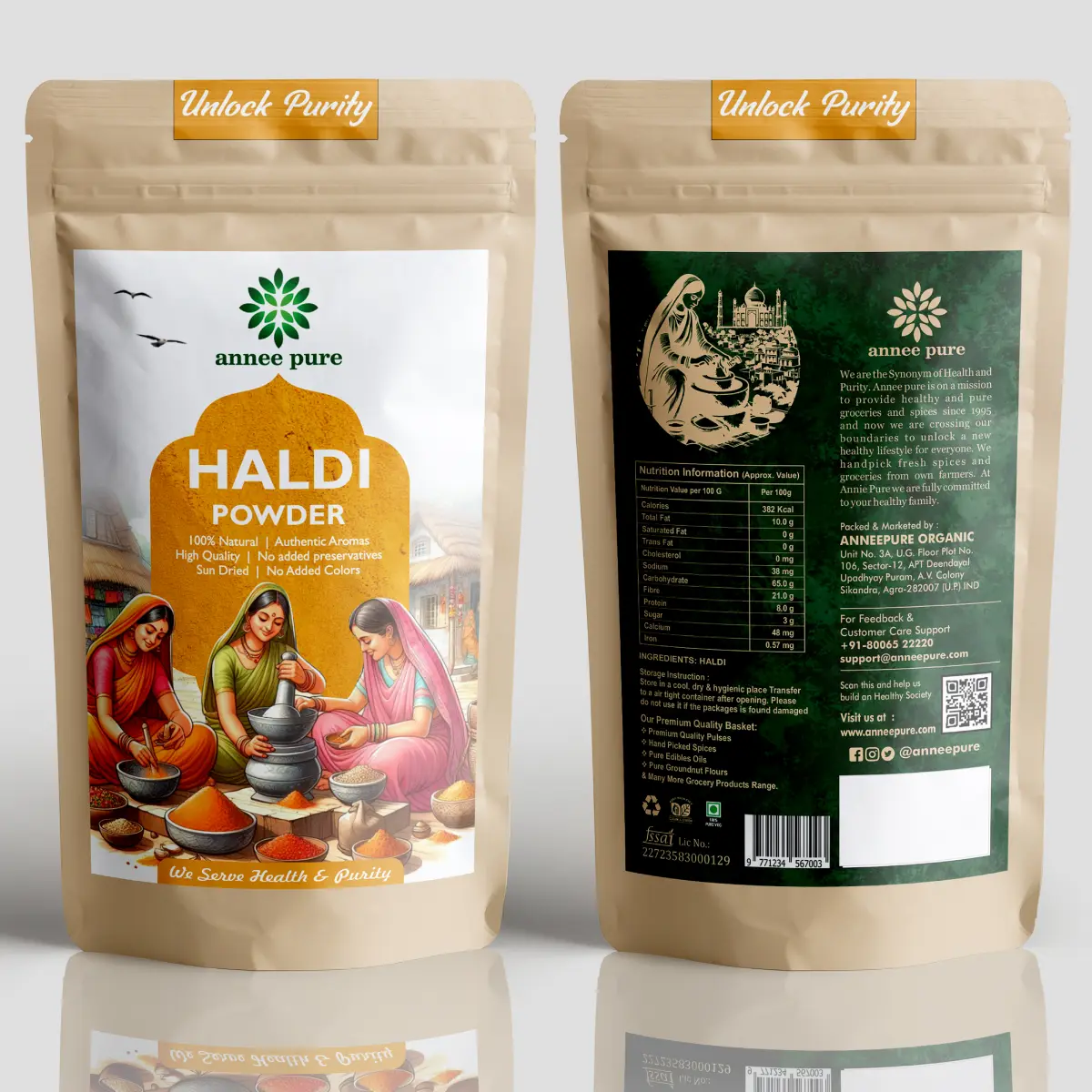
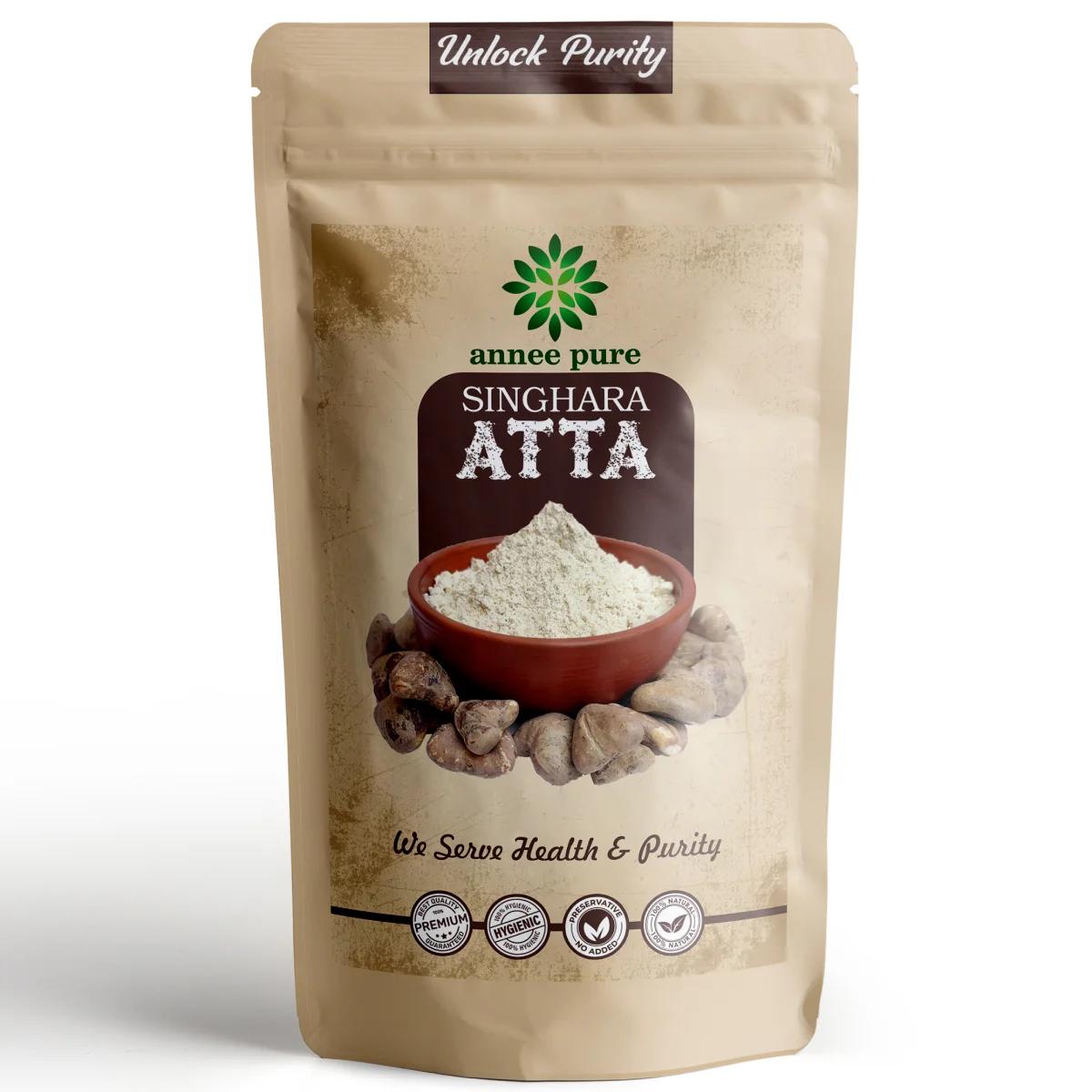
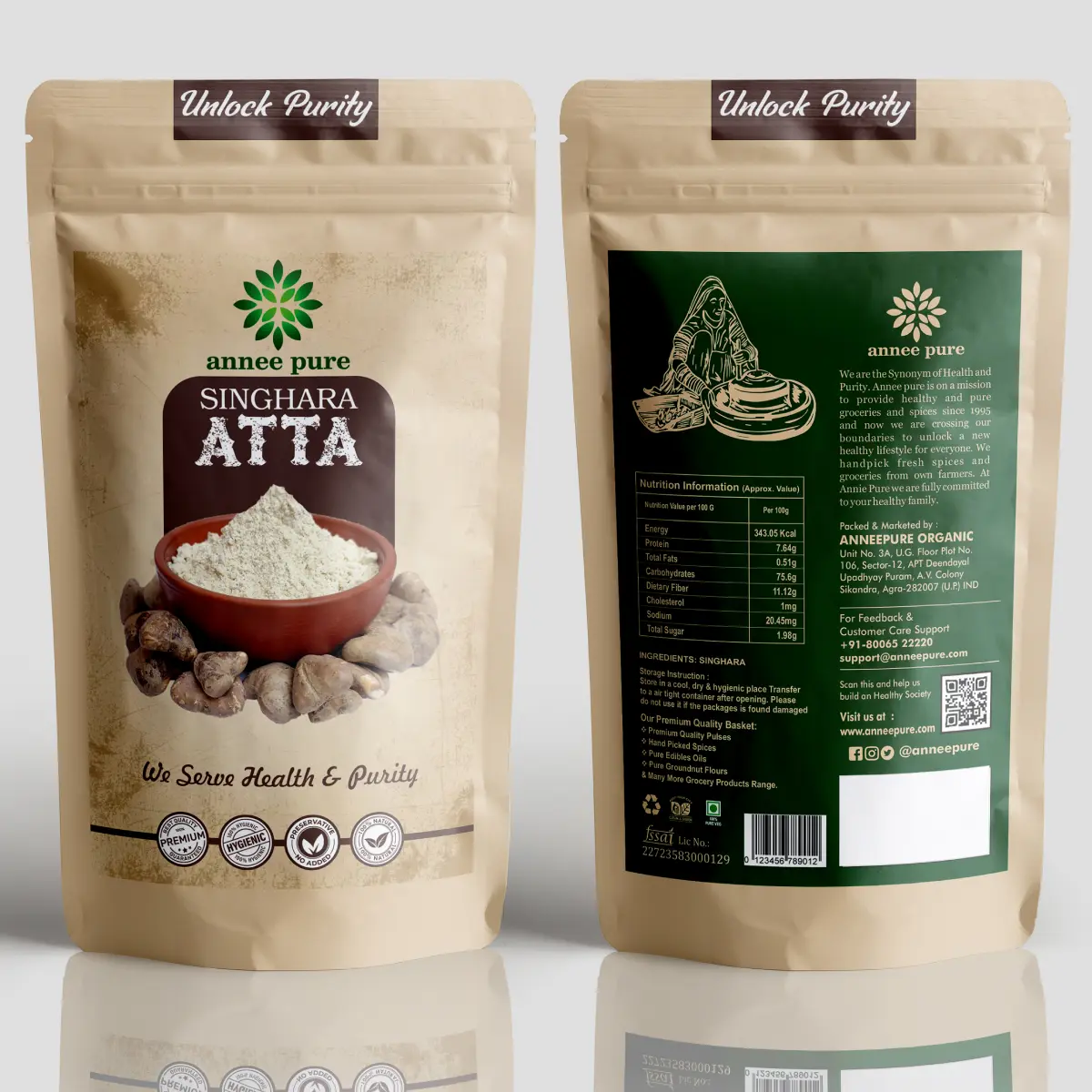
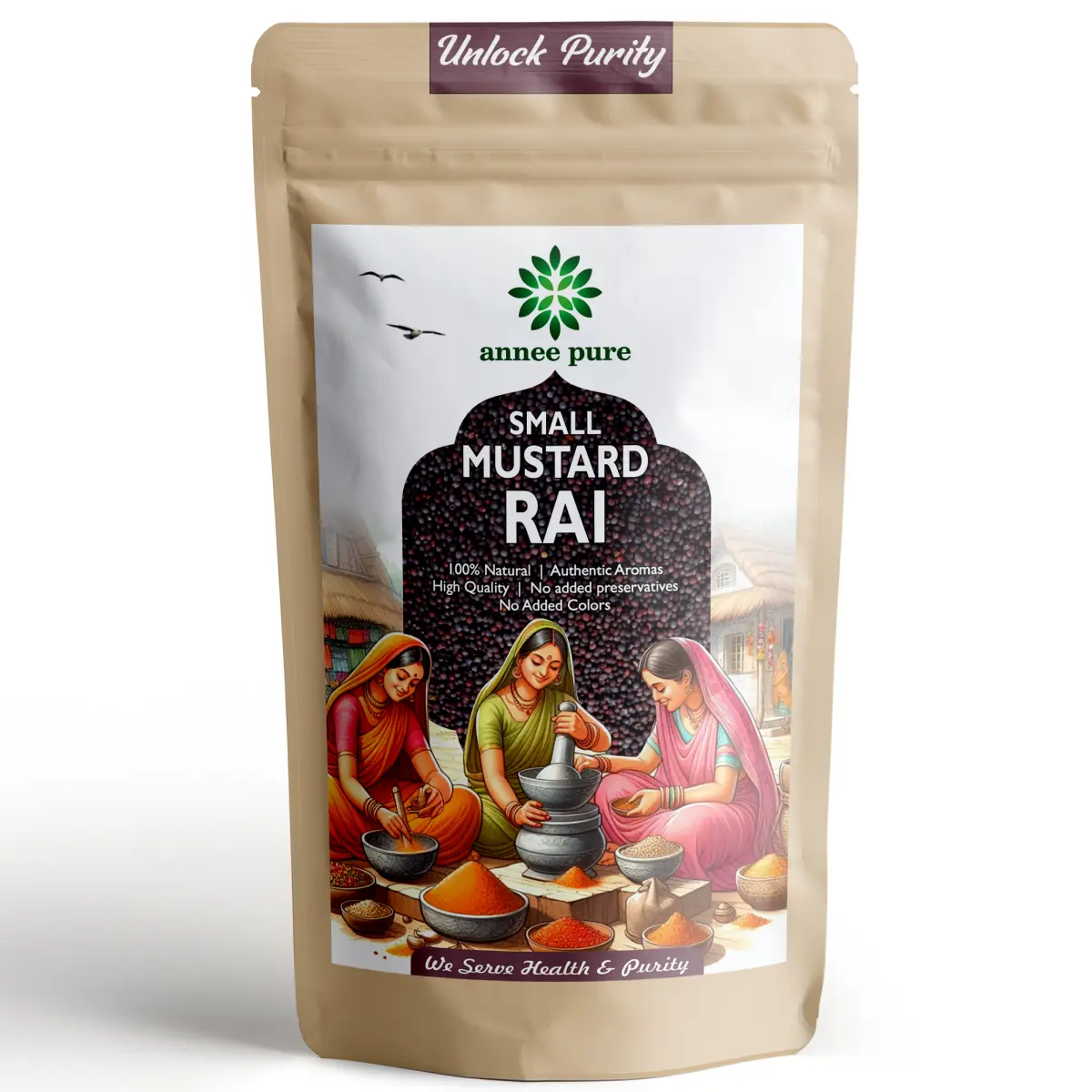
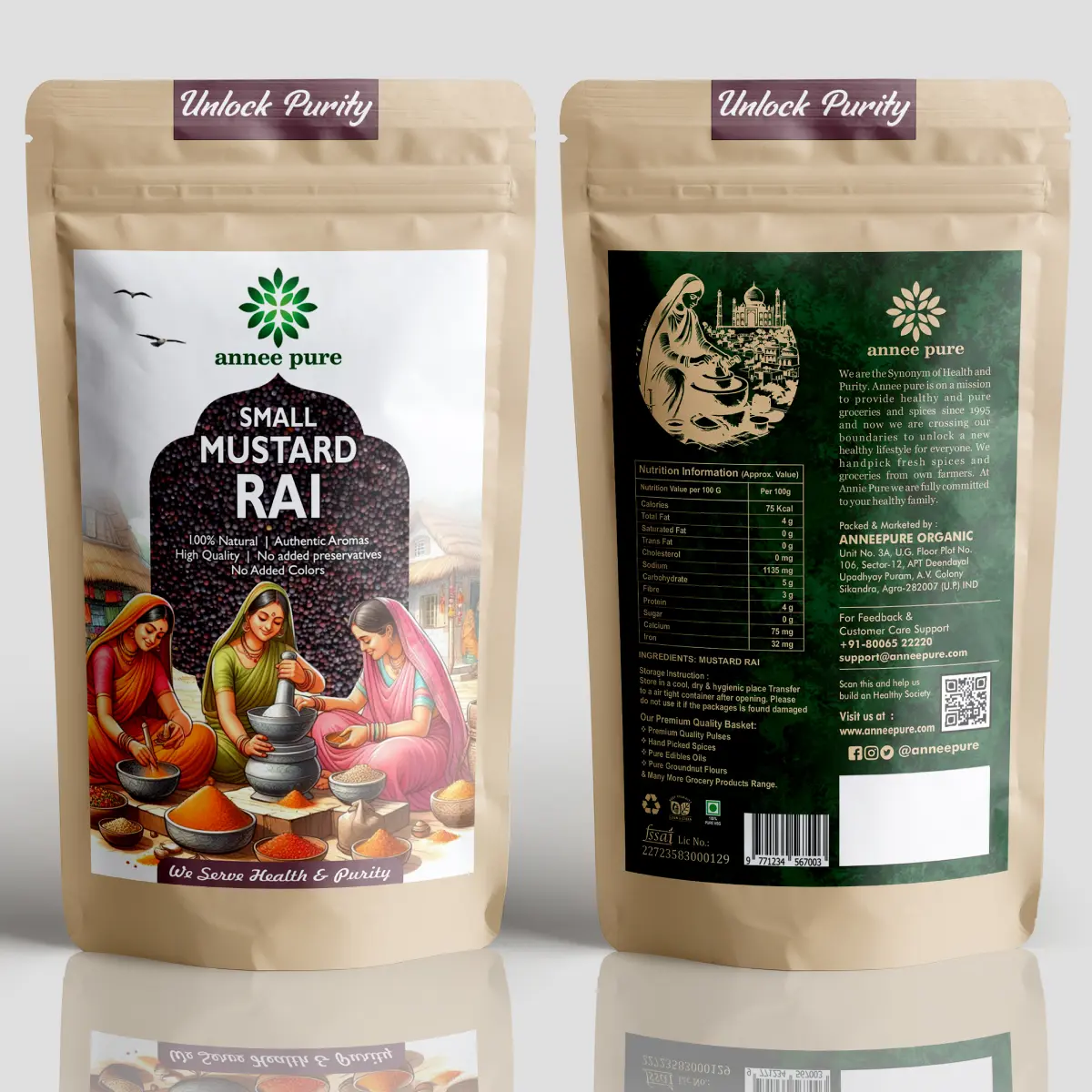
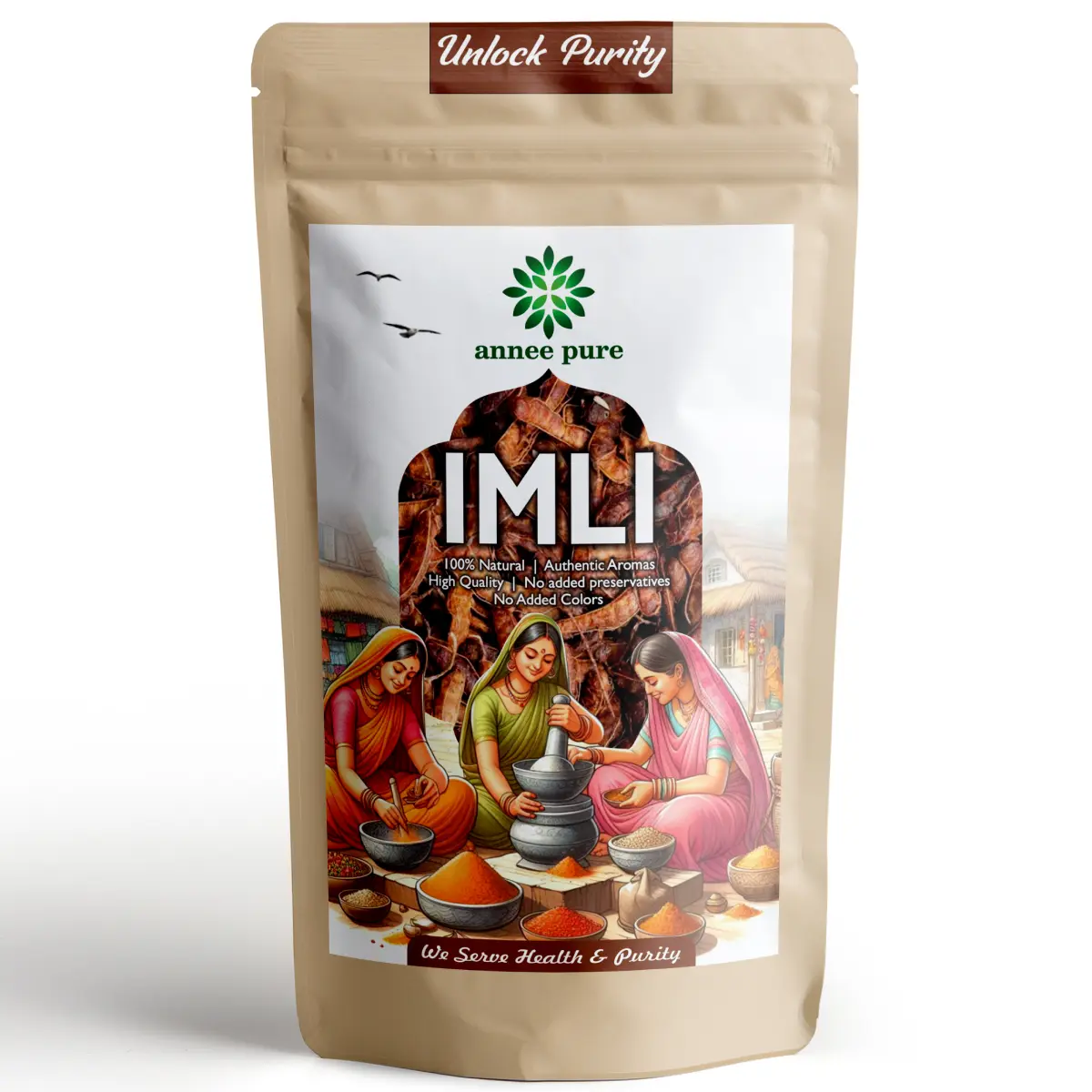

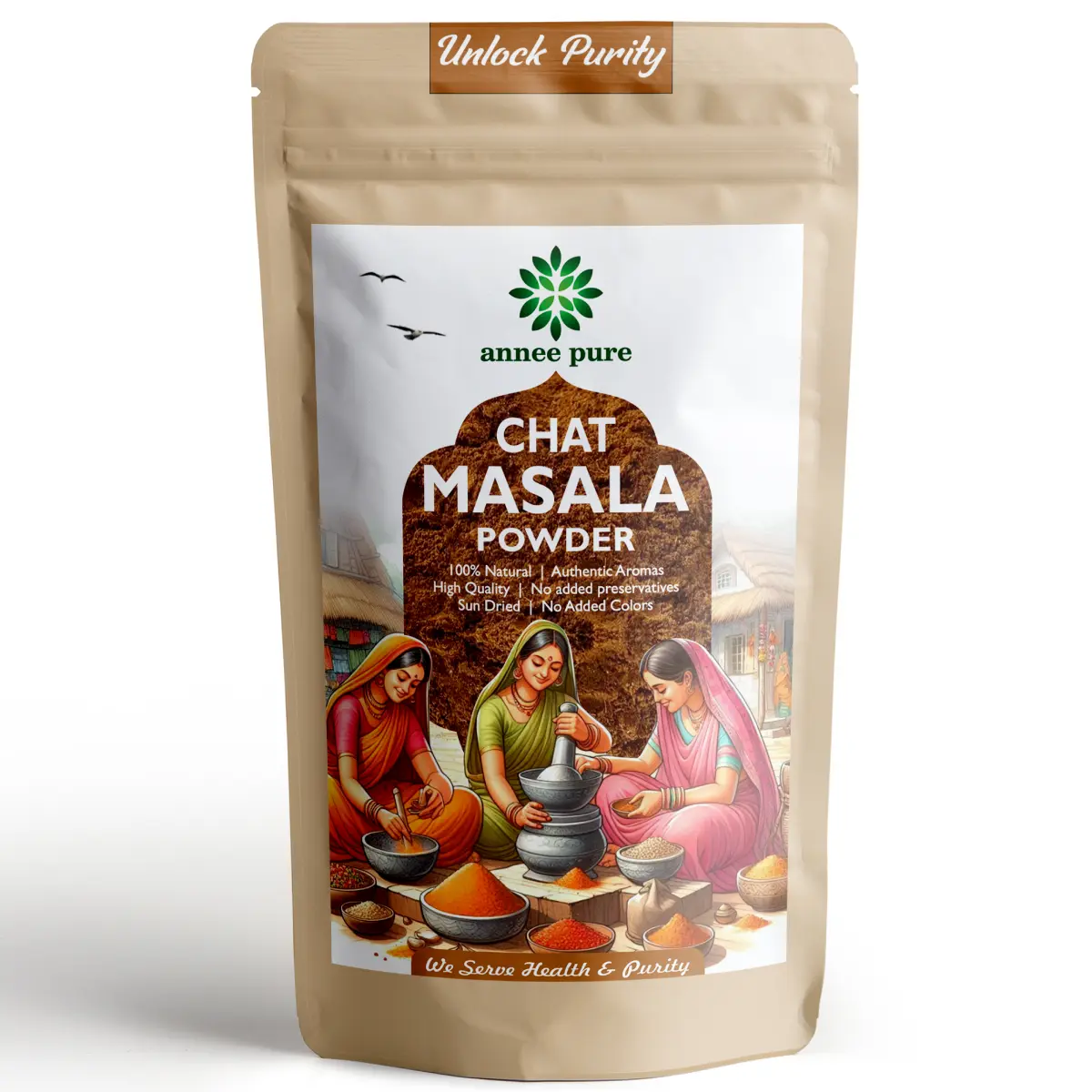
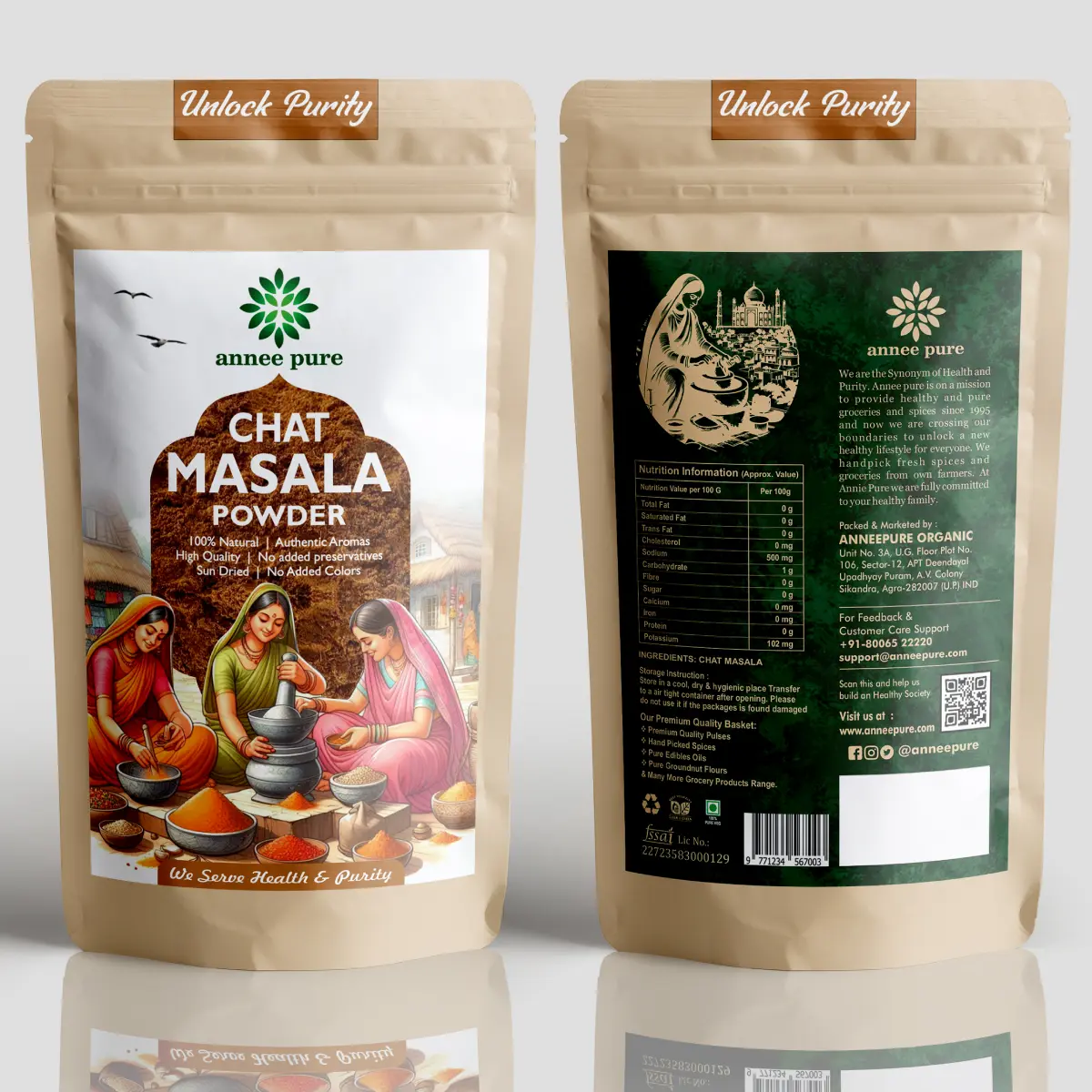
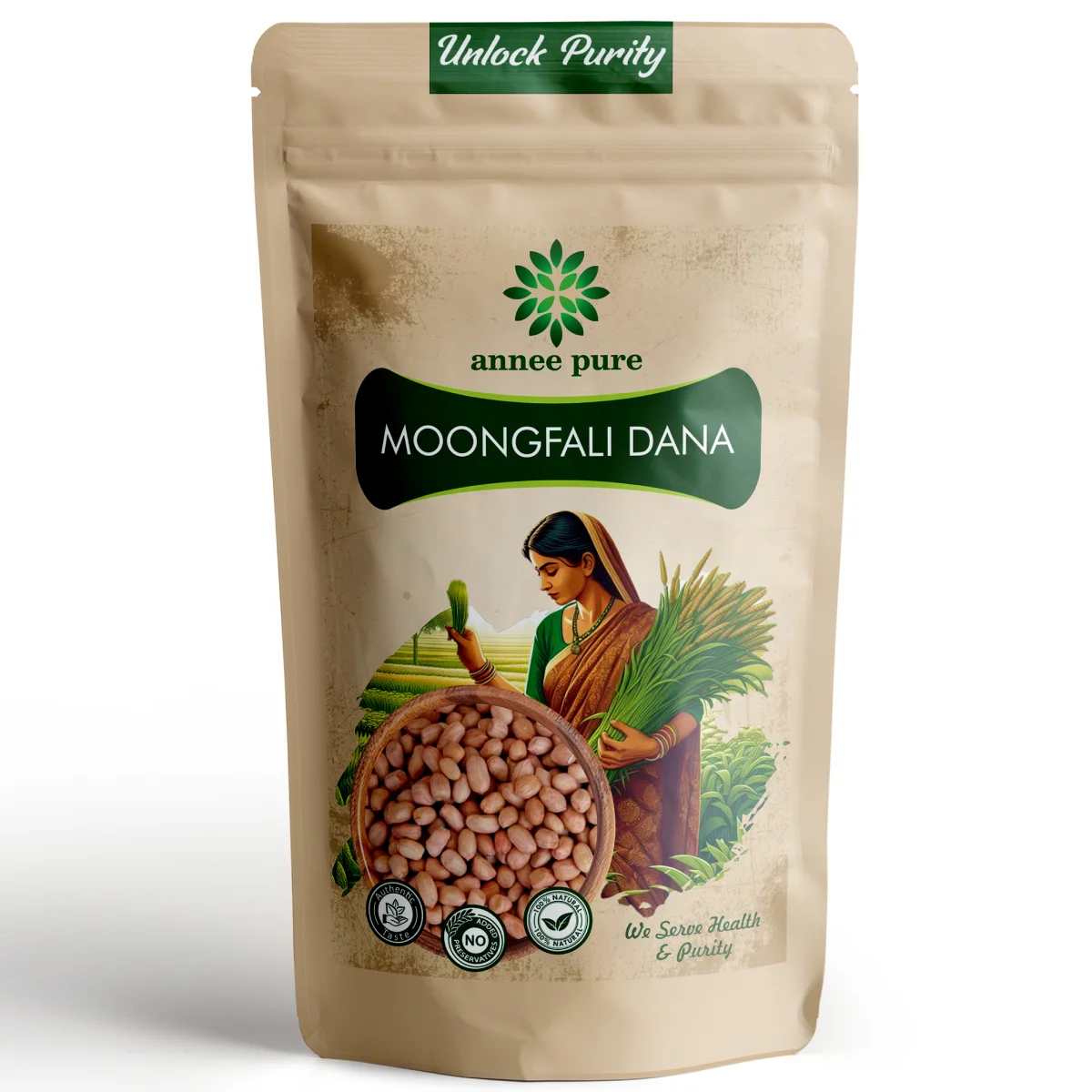
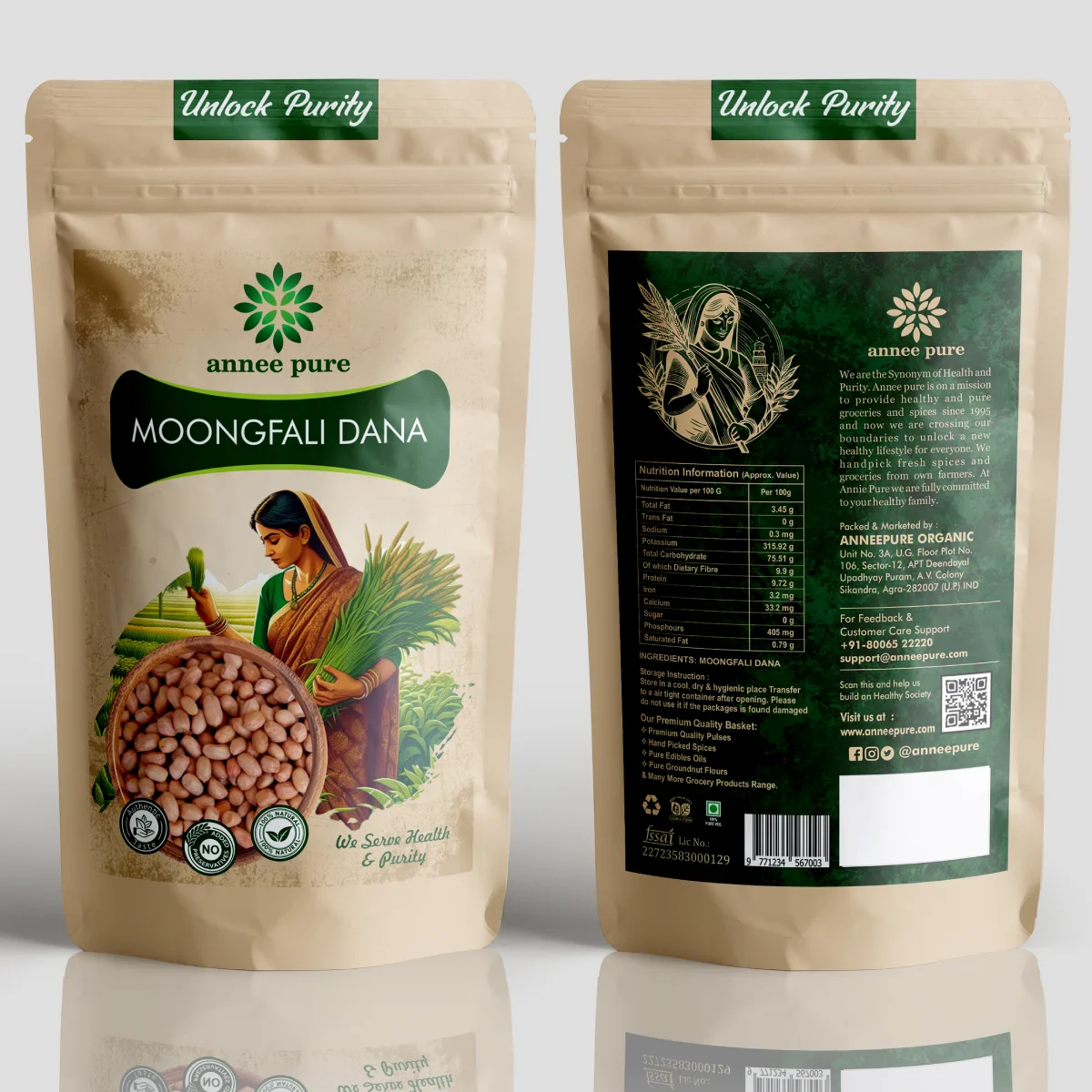
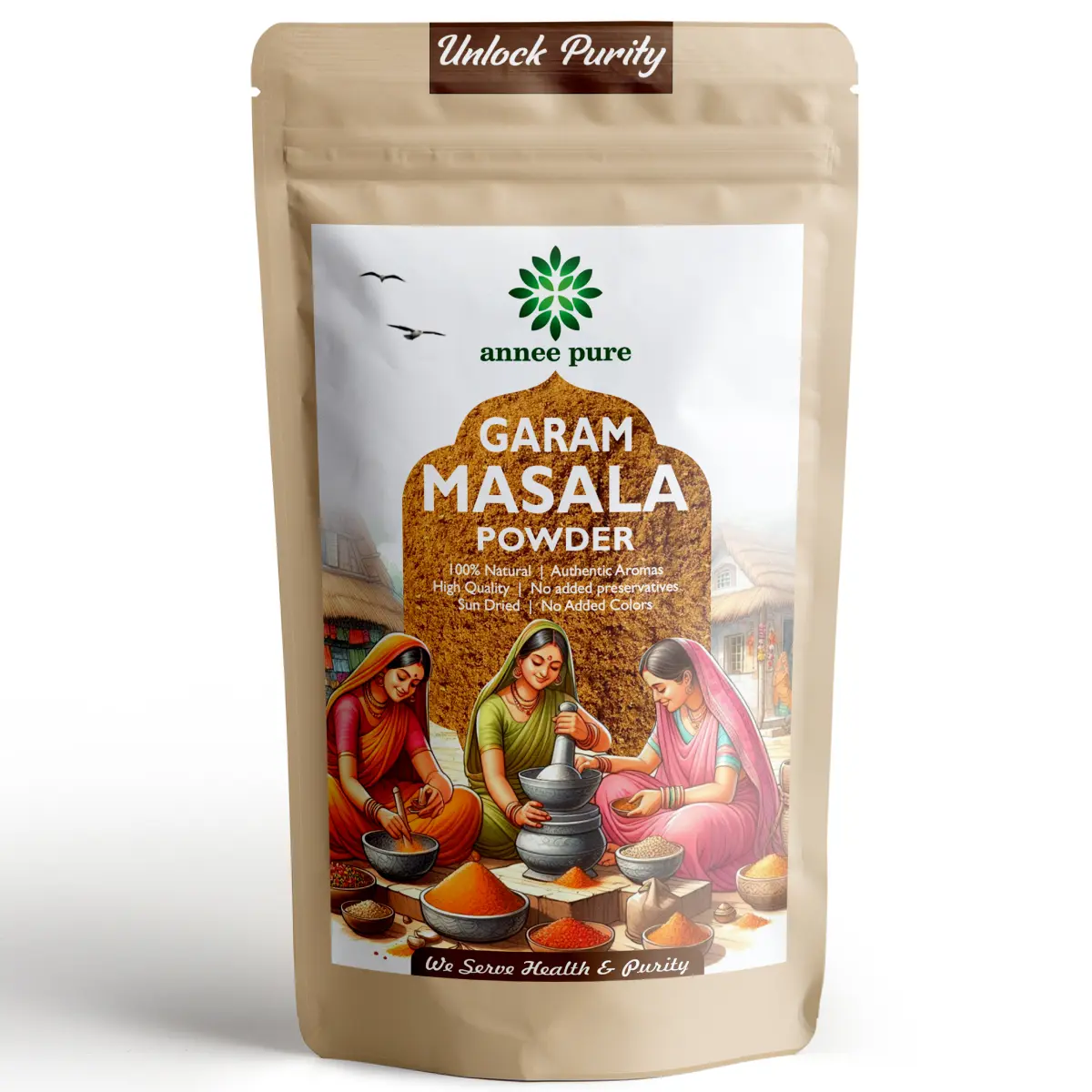
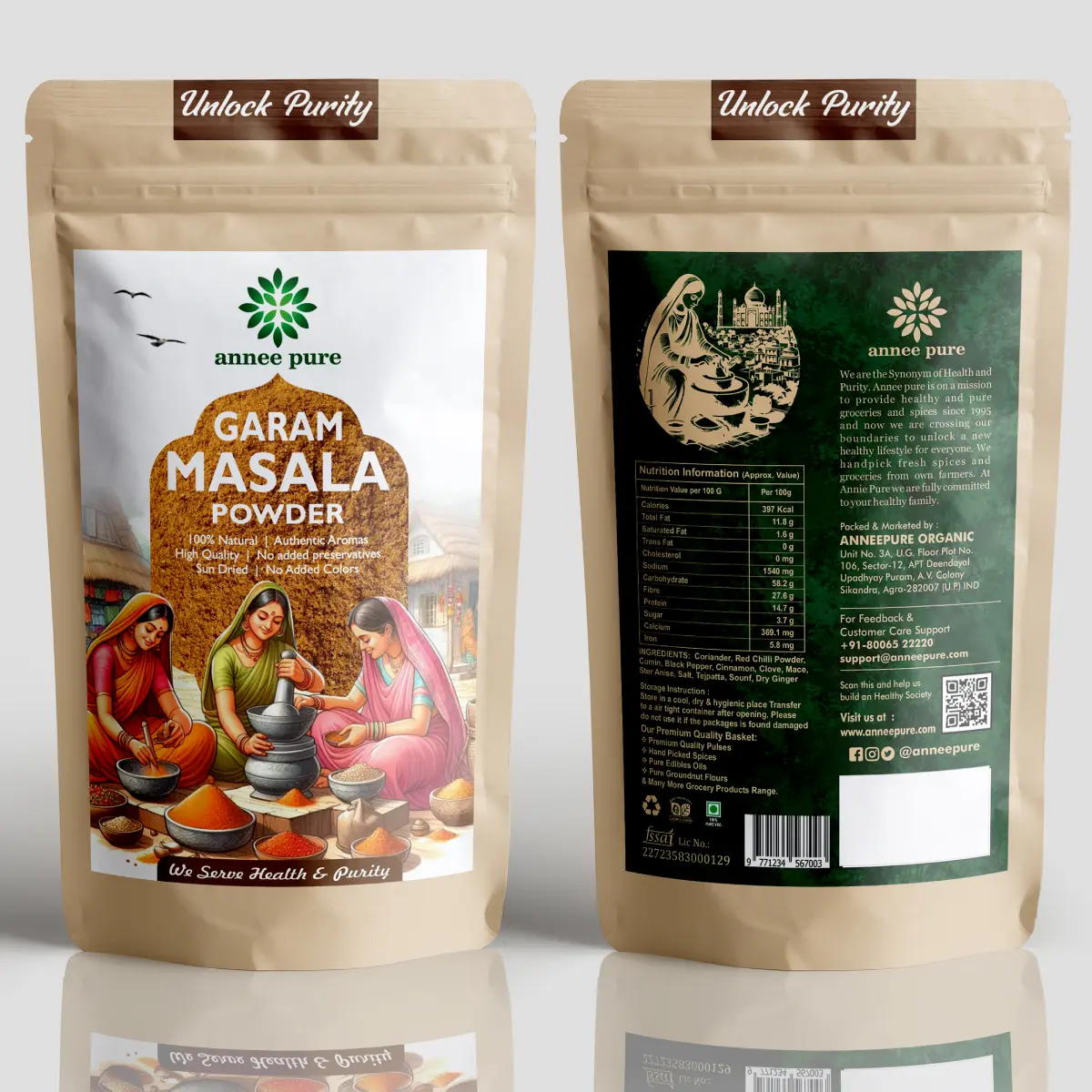

Reviews
There are no reviews yet.